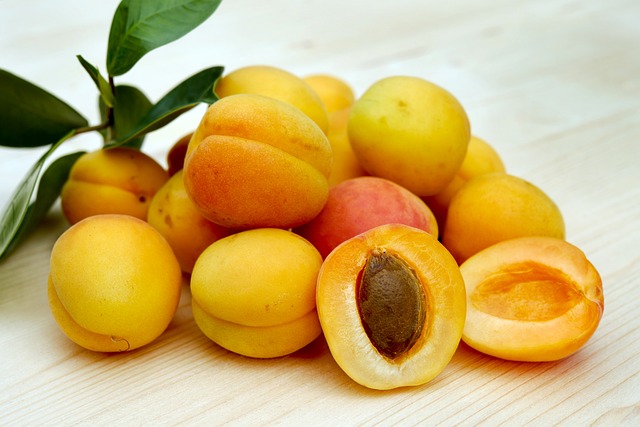Beyond Yogurt: Exploring Lesser-Known Sources of Probiotics and Their Surprising Benefits

Probiotics have gained significant popularity in recent years due to their many health benefits. While yogurt is often the go-to source of probiotics for most people, there are many other lesser-known sources that offer a wide variety of strains and unique advantages.
1. Kombucha
Kombucha is a fermented tea beverage that has been consumed for centuries. It is made by fermenting tea with a symbiotic culture of bacteria and yeast (SCOBY). This process produces a tangy, fizzy drink that is not only refreshing but also rich in probiotics.
Studies have shown that kombucha contains numerous strains of beneficial bacteria, such as Acetobacter, Lactobacillus, and Bifidobacterium. These probiotics can help improve digestion, support immune function, and may even have anti-inflammatory effects.
2. Kimchi
Kimchi is a traditional Korean side dish made from fermented vegetables, usually cabbage, radish, and garlic. The fermentation process gives kimchi its distinct tangy flavor and makes it a great source of probiotics.
The probiotic strains found in kimchi, including Lactobacillus plantarum and Lactobacillus brevis, have been shown to promote gut health, enhance nutrient absorption, and boost the immune system. Additionally, kimchi is rich in vitamins A, B, and C, as well as antioxidants.
3. Tempeh
Tempeh is a fermented soybean product originating from Indonesia. It is made by fermenting cooked soybeans with a mold called Rhizopus oligosporus. The fermentation process binds the soybeans into a firm, cake-like texture with a nutty flavor.
As a plant-based source of probiotics, tempeh offers a unique combination of beneficial bacteria and nutrients. It contains strains of probiotics such as Bacillus subtilis, which have been linked to improved gut health and reduced inflammation. Tempeh is also rich in protein, iron, and fiber, making it a nutritious addition to any diet.
4. Miso
Miso is a traditional Japanese seasoning made by fermenting soybeans with salt and a fungus called Aspergillus oryzae. The resulting paste is commonly used in soups, marinades, and dressings, adding a savory umami flavor.
The fermentation process involved in making miso leads to the development of various probiotic strains, including Pediococcus pentosaceus and Lactobacillus plantarum. These probiotics contribute to a healthy gut flora, improving digestion and supporting immune function. Miso also contains antioxidants, vitamins, and minerals, making it a valuable addition to a balanced diet.
5. Kvass
Kvass is a traditional Slavic fermented beverage made from rye bread. It has a slightly sour taste and is often enjoyed as a refreshing drink. While kvass is not as well-known as other probiotic sources, it offers several health benefits.
Studies have shown that kvass contains various probiotic strains, such as Lactobacillus brevis and Lactobacillus casei. These probiotics can support digestive health, improve nutrient absorption, and enhance immune function. Kvass is also a good source of B vitamins and antioxidants.
Conclusion
While yogurt is undoubtedly a fantastic source of probiotics, it’s important to explore beyond this popular choice and discover lesser-known sources that offer a broad spectrum of strains and unique health benefits.
By incorporating foods like kombucha, kimchi, tempeh, miso, and kvass into your diet, you can diversify your probiotic intake and support a healthy gut microbiome. These alternative sources not only provide beneficial bacteria but also offer additional nutritional value, making them a valuable addition to your overall well-being.







